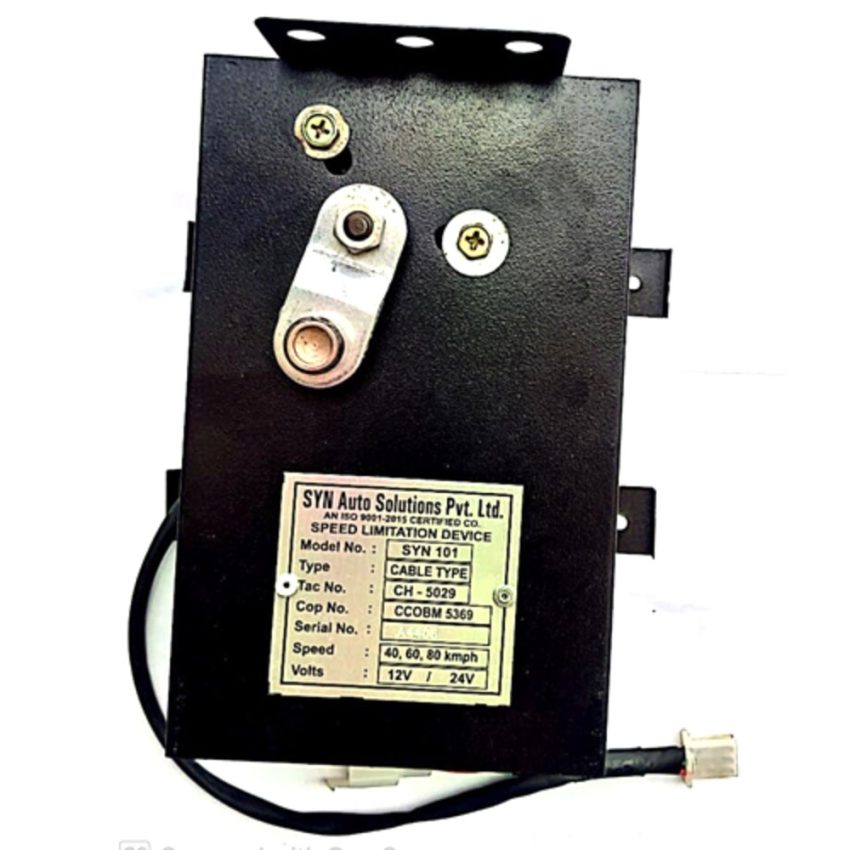Keeping control of your vehicle’s speed isn’t just about safety anymore—it’s also about following laws, saving fuel, and reducing wear and tear. Whether you’re driving a compact car or a heavy-duty truck, using the right speed limiter makes a real difference.
For those in Singapore looking for reliable options, the best speed limiter device Singapore is now more accessible than ever, helping drivers stay compliant and safe on the roads.
Let’s break down everything you need to know before picking a speed limiter that fits your vehicle perfectly.
What Is a Speed Limiter and How Does It Work?
A speed limiter is a safety device that stops your vehicle from going faster than a set speed. It doesn’t affect normal driving until you reach that limit. Once you hit the preset speed, the limiter reduces engine power or fuel input so you can’t go faster.
There are a few types of limiters:
- Mechanical ones are old-school and use gears or springs.
- Electronic limiters work with your vehicle’s computer.
- GPS-based limiters are smart systems that adjust speed depending on location.
Modern speed limiters are often linked to ECU systems (Engine Control Units), using throttle control and digital mapping to keep things smooth.
Why Vehicle Type Matters When Choosing a Speed Limiter
Different vehicles need different limiter setups. A solution for a city car might not work for a freight truck. That’s why compatibility is key.
- Passenger Cars: You’ll want a limiter that works quietly in the background without affecting comfort or acceleration too much.
- Motorcycles: These need compact and weatherproof devices. Precision matters, especially for small engines.
- Commercial Vans: Fleet vehicles often benefit from tamper-proof units and tracking features.
- Heavy Trucks: These usually need strong, durable systems that can manage load and engine torque.
- School Buses & Transport Fleets: Safety is everything. Alerts and real-time data features are common.
Your vehicle’s engine size, weight, and daily use all influence which limiter works best.
Key Features to Look For in a Speed Limiter
When choosing a limiter, don’t just go for the cheapest option. Look at these features:
- Adjustable Speed Settings – Useful for different road types.
- Tamper-Proof Design – Stops drivers from overriding it.
- GPS Integration – Adapts speed depending on road limits or zones.
- OBD Compatibility – Plug-and-play options save installation time.
- Data Logging – Helps fleets track driving behavior.
- Compliance Certificates – Especially important in regions like Singapore, where LTA (Land Transport Authority) compliance is strict.
Look for features that match how and where you drive.
Speed Limiter Options by Vehicle Category
Here’s how different vehicle types pair with speed limiter technologies:
For Cars
Go for something lightweight and non-intrusive. Many electronic units allow quick adjustments and don’t affect acceleration under normal conditions.
For Trucks & Vans
These need rugged limiters that handle frequent long-distance trips. Many come with fleet telematics to manage multiple vehicles.
For Buses & Public Transport
Focus on limiters that include safety feedback, such as audible alerts or vibration if drivers push the limit.
For Motorcycles
Choose sealed units that resist rain, dust, and heat. Calibration is key since engine response is quicker on two-wheelers.
Benefits of Installing the Right Speed Limiter
- Better Safety: Prevents accidents caused by speeding.
- Lower Fuel Costs: Driving at steady speeds saves gas.
- Fewer Fines: Helps you stick to local speed laws.
- Insurance Perks: Some insurers offer discounts for limiter-equipped vehicles.
- Fleet Control: Managers can track speeds, routes, and behavior across vehicles.
Speed limiters also reduce engine strain, which extends the life of your vehicle.
Cost Considerations and Installation
Speed limiter prices vary depending on vehicle type and features.
Vehicle Type
Estimated Cost Range (SGD)
Passenger Cars
$150 – $300
Motorcycles
$100 – $200
Commercial Vans
$250 – $500
Trucks & Buses
$400 – $800
Installation Time:
- Simple plug-in units take 30–60 minutes.
- Complex systems with GPS or ECU integration may take 2–3 hours.
Always install with certified technicians, especially if local transport authorities require inspection.
FAQs: What People Often Ask
Q: Will a speed limiter slow down my car all the time?
No. It only activates when you reach the preset limit.
Q: Can I change the speed limit later?
Yes, most modern units allow reprogramming within legal limits.
Q: Are speed limiters legal in Singapore?
Yes, and in many cases, they are required by law—especially for public transport and heavy vehicles.
Q: What happens if the limiter fails?
Good systems have fail-safe modes. Always buy certified products.
Q: Can speed limiters be used on electric vehicles (EVs)?
Yes, but the setup may differ. Many EVs already have built-in speed caps through software.
Final Thoughts: Making the Right Choice
Choosing the right speed limiter isn’t just a box to tick—it’s a way to protect lives, cut costs, and stay compliant with regulations. Match the limiter to your vehicle’s size, engine type, and driving pattern, and you’ll get the most out of your investment.
It’s not just about going slower—it’s about driving smarter.


